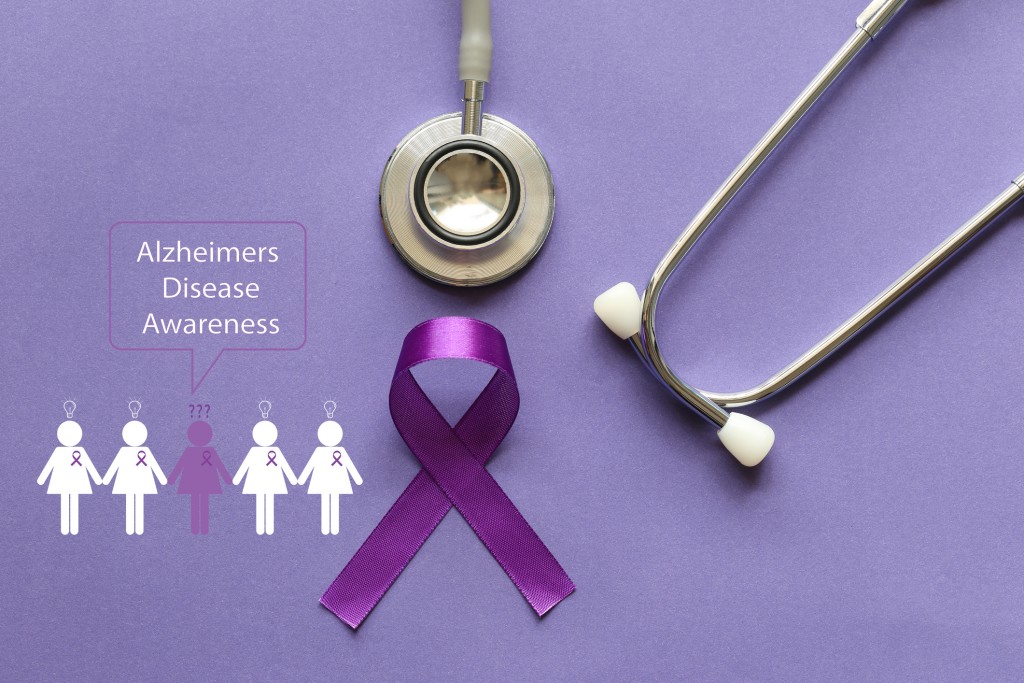3 Tips for a Better Night’s Sleep
 According to the National Institutes of Health, sleep affects our mental and physical health. When we try to fit so many things into our busy lives, we often sacrifice sleep. The National Sleep Foundation recommends that adults get between seven and nine hours of sleep each night. People who are well rested are more alert during the day, focus better, and have faster reflexes. People who are tired are less productive, pay less attention to detail, feel higher levels of stress, tend to be moodier, and are more likely to be involved in driving accidents. The body repairs and rejuvenates itself each night as we sleep. However, sleep deprivation over time can have negative effects on our hormone levels, immune system, blood pressure, heart health, and mental health.
According to the National Institutes of Health, sleep affects our mental and physical health. When we try to fit so many things into our busy lives, we often sacrifice sleep. The National Sleep Foundation recommends that adults get between seven and nine hours of sleep each night. People who are well rested are more alert during the day, focus better, and have faster reflexes. People who are tired are less productive, pay less attention to detail, feel higher levels of stress, tend to be moodier, and are more likely to be involved in driving accidents. The body repairs and rejuvenates itself each night as we sleep. However, sleep deprivation over time can have negative effects on our hormone levels, immune system, blood pressure, heart health, and mental health.
So, what can we do to enjoy a better night’s sleep? Here are three tips that may help.
Reduce caffeine intake
Caffeine may be robbing you of a good night’s sleep. Caffeine is a chemical found in coffee, tea, chocolate, and some sodas. It’s a stimulant that acts on the body’s central nervous system, increasing alertness and reducing fatigue. Caffeine interferes with adenosine receptors in the brain. Adenosine is what tells the brain that the body needs rest. Caffeine can last as long as six hours in your system, so consuming caffeine late in the afternoon or in the evening can certainly affect a person’s ability to fall asleep at bedtime. Eliminate caffeine intake late in the day, or switch to decaffeinated coffee or tea.
Limit use of electronics at bedtime 
Many people have become accustomed to using electronics right before bedtime. This includes looking at laptops, tablets, cell phones, and TV in bed. The blue light produced by these devices may make it more difficult to fall asleep. Children and teens are especially sensitive to blue light. It prevents the body from releasing melatonin, a sleep hormone, by tricking the brain into thinking it’s daytime. Technology also stimulates the brain, making it harder to relax and fall asleep. For better quality sleep, try eliminating electronics from the bedroom.
Establish a bedtime routine
Establish a regular routine of going to bed at the same time each night and waking up at the same time each morning. Irregular sleep habits can interfere with the body’s natural circadian rhythm. Any activities before bedtime should be relaxing. A warm bath may be helpful for some. Avoid bright lighting in the bedroom. This can also interfere with melatonin production. Make the bedroom a quiet and relaxing place. Try to minimize external light and noise.
Sleep plays a key role in health, so make a good night’s sleep a high priority. If you’ve tried these tips and continue to have difficulty getting a good night’s sleep, talk to your healthcare provider. Contact RMD Primary Care to schedule a visit with one of our doctors.





